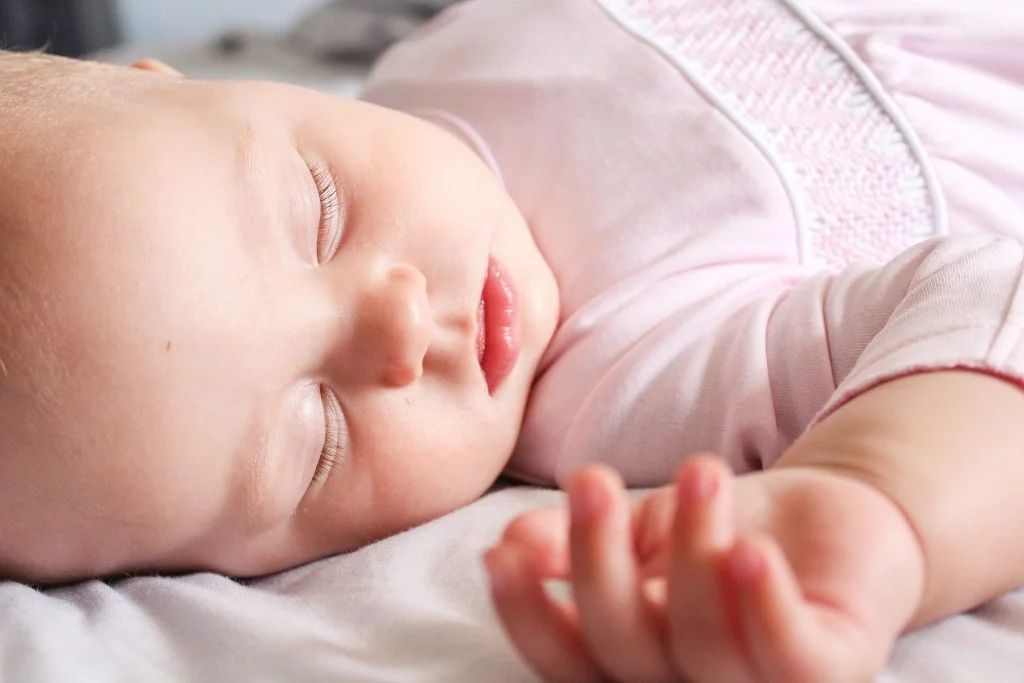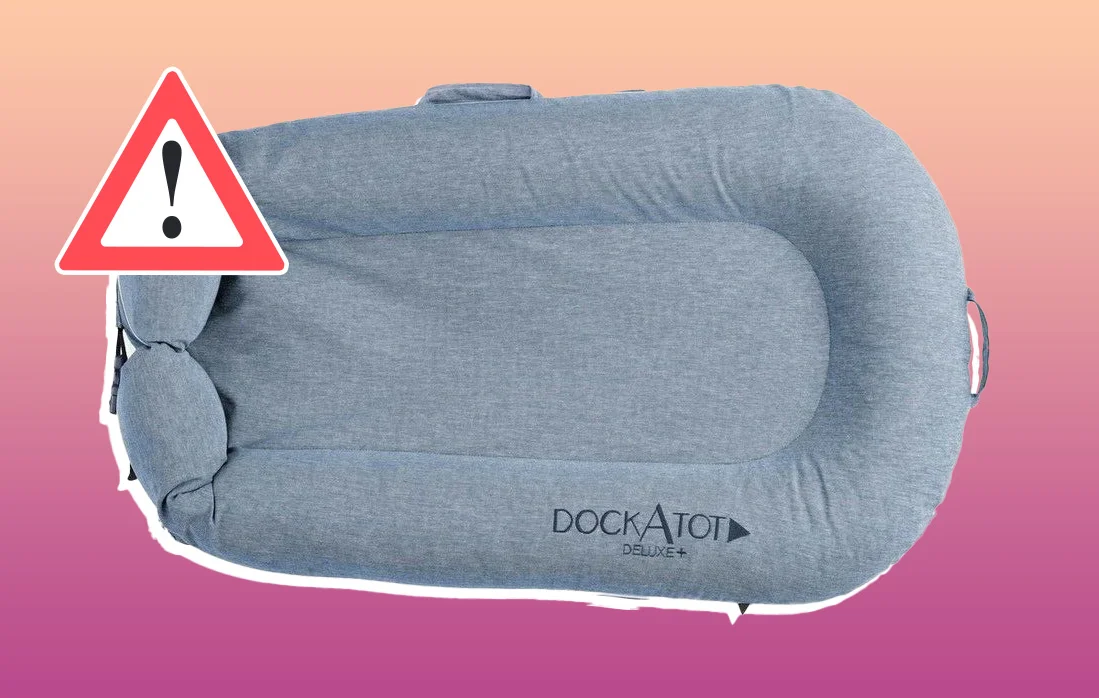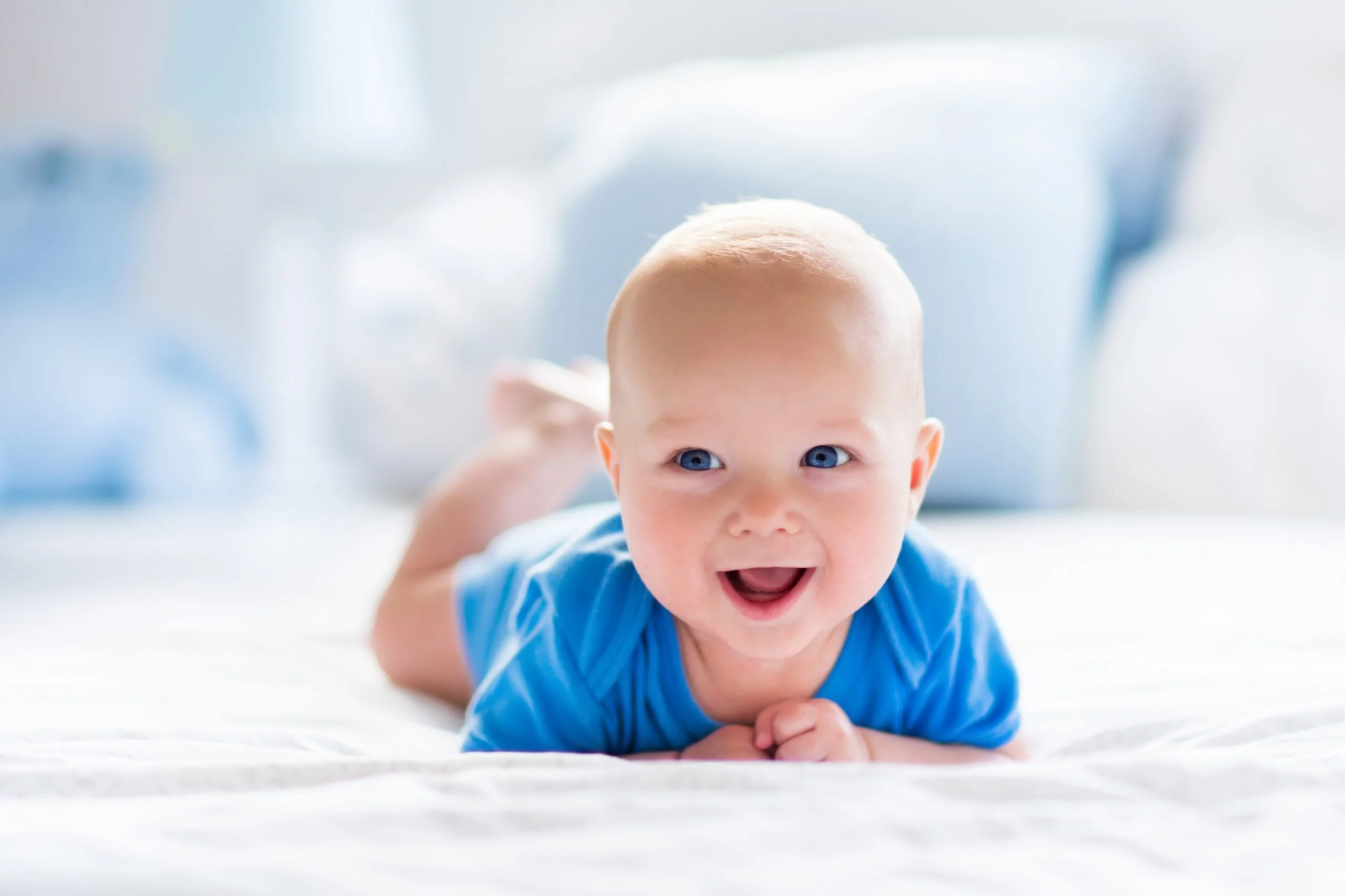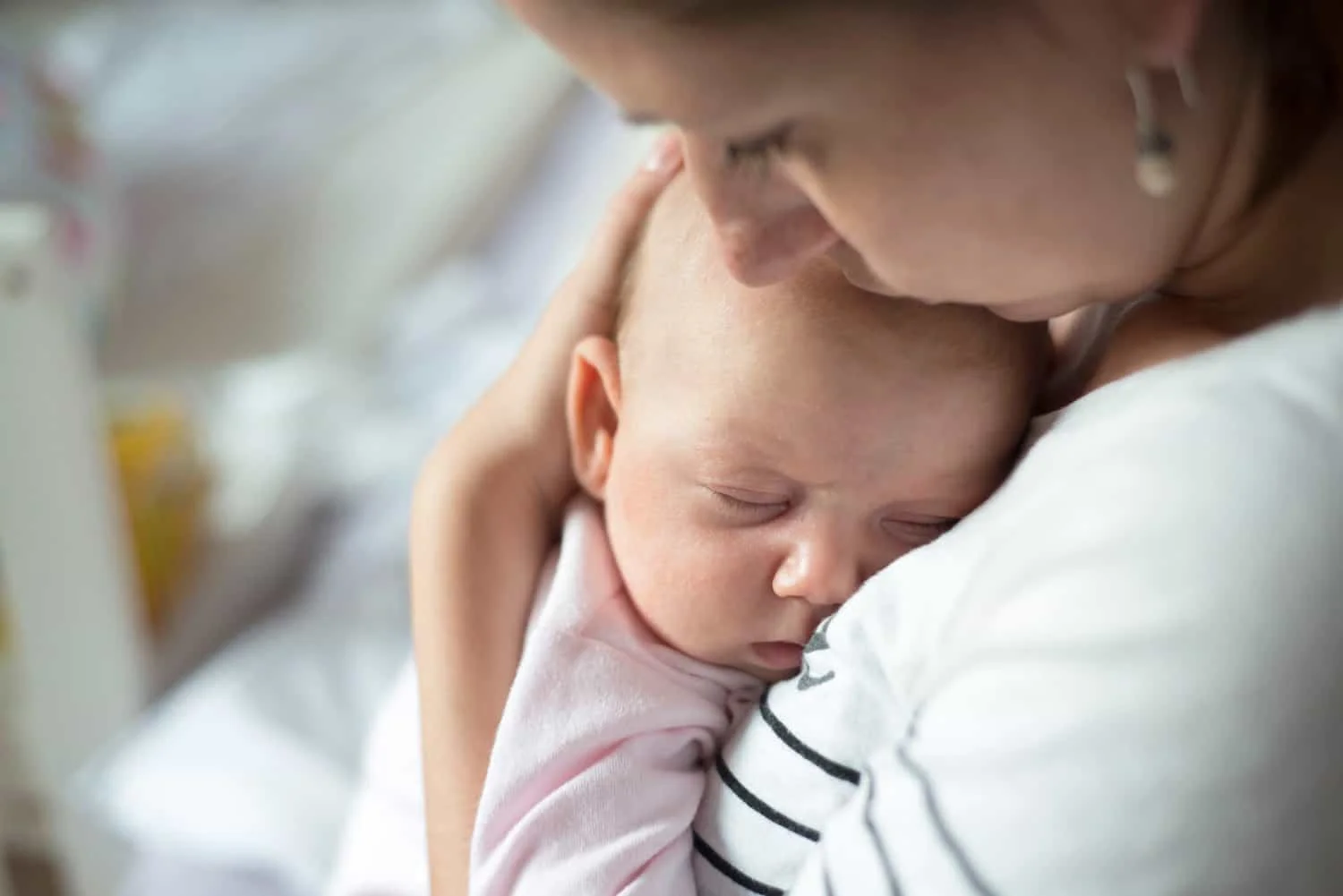
As of October 10, 2024, Fisher-Price has recalled more than two million infant swings due to suffocation hazards. (1) A total of five infant deaths have been reported in conjunction with this recall.
The deaths occurred between 2012 and 2022. The infants ranged from 1 and 3 months and the majority of the accidents involved the swings being used for sleep, with added bedding near the child while the product was being used. Additionally, the majority of the children were unrestrained while the swing was in use. In conjunction with the recall, Fisher-Price reminded consumers that the product is never to be used for sleep and additional blankets or pillows should never be added to the product while the child is using it.
In addition to practicing safe sleep habits, Fisher-Price is also asking that consumers remove the headrest and body support insert from the swing. The removal of the headrest will require cutting the tether on the swing. All consumers who remove these items from the swing will be provided with a $25 refund. The impacted swings were sold at Amazon, Walmart, Target, Toys R Us, and Sam’s Clubs nationwide between October 2010 and January 2024. Total cost of the swing was around $160.
Baby swings and loungers have often found themselves in the headlines for suffocation risks due to their inclined seating properties. In 2022, the U.S. Congress signed the Safe Sleep for Babies Act, making it illegal to “manufacture, sell, or distribute crib bumpers or inclined sleepers for infants.” For parents, these protections can often come with mixed signals as a variety of baby products have similar designs. In the case of the Snuga Swing, the swing had two seat back positions and inserts — similar to other manufacturers’ swings, loungers or bouncers, which can be confusing. The recall comes after a long history of infant swing and rocker recalls, further adding to apprehension about what products are safe and unsafe for parents shopping for new babies.
The CPSC reminds all caregivers that the safest place for a baby to sleep is on their back on a firm, flat surface, such as a crib or bassinet. If a child falls asleep in an inclined position, they should be moved to a safer location. Also, no other items should be placed in the baby’s crib such as bumpers, stuffed animals, blankets, pillows or other products.
If your baby is struggling to sleep, Sleepopolis recommends multiple interventions rather than putting them to sleep in a swing or other elevated device meant for play. These include:
- Choose sleep training methods that you are most comfortable with personally
- Lay your baby down while awake, but tired, to help teach them to fall asleep on their own
- Follow your child’s cues that they are tired
- Use a consistent bedtime routine, such as bath, book, cuddling, and other quiet activities
- Reach out for help when you need it
- Take a break and walk away if you are overwhelmed and exhausted by placing the baby in their crib while you step away for a few minutes to regroup
- Talk to your pediatrician if you are concerned about your baby’s sleep (or lack thereof) to ensure nothing else is physically wrong
Finally, as they say, remember this won’t last forever, and you WILL sleep again.
For more information about receiving the refund, visit www.service.mattel.com.

CPSC Issues New Reminder About Recalled Fisher-Price Rock ‘n Play Sleeper

CPSC Warns DockATot to Stop Importing Products That Don’t Meet Baby Safe Sleep Standards

Lawmakers Urge Parents and Brands to Quit Weighted Blankets: “Death or Injury Waiting to Happen”

Customers Should Immediately Stop Using OmvedTherapies Baby Pillows, According the CSPC
Sources
1. CPSC; “Fisher-Price Recalls More than 2 Million Snuga Infant Swings Due to Suffocation Hazard After 5 Deaths Reported,” Consumer Product Safety Commission; https://www.cpsc.gov/Recalls/2025/Fisher-Price-Recalls-More-than-2-Million-Snuga-Infant-Swings-Due-to-Suffocation-Hazard-After-5-Deaths-Reported; October 10, 2024.

























